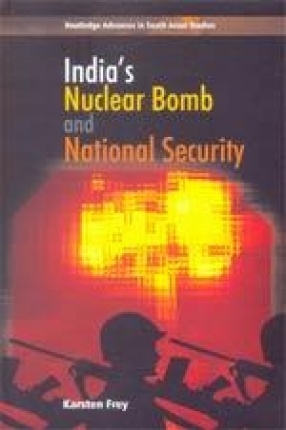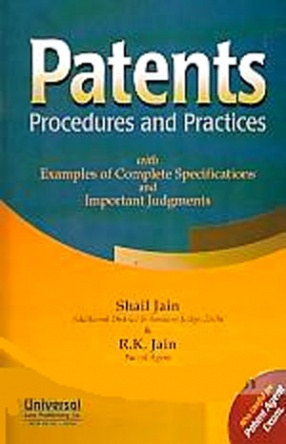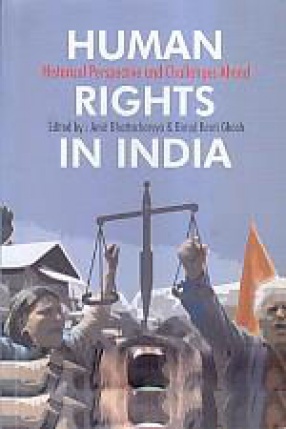This book gives an analytic account of the dynamics of India’s nuclear build-up. In contrast to conventional studies on the issue, the author puts forward a new model, which goes beyond the classic strategic concept of accepting security related motives farming behaviour. According to this, the structural conditions of India’s regional security environment were permissive to India’s nuclear development but out sufficient to make India’s nuclearization imperative for maintaining its national security. At the core of the argument lies the question about India’s security considerations and their impact on India’s nuclear policy development. The author explores this analytic model by including explanatory variables on the unit-level, where interests are generally related to symbolic, less strategic, values attributed to nuclear weapons. These play a significant role within India’s domestic political party competition and among certain pressure groups. They have also influences India’s relationship with other countries on non-proliferation matters. This book identifies the role of the strategic elite in determining India’s nuclear course. Furthermore, it argues that one of the pivotal driving forces behind India’s quest for the nuclear bomb is India’s struggle for international recognition and the strong, often obsessive sensitivities of India’s elite perceived ‘acts of discrimination’ or ‘ignorance’ by the west towards India.
Ageing in An Indian City
$17.10
$19.00





There are no reviews yet.